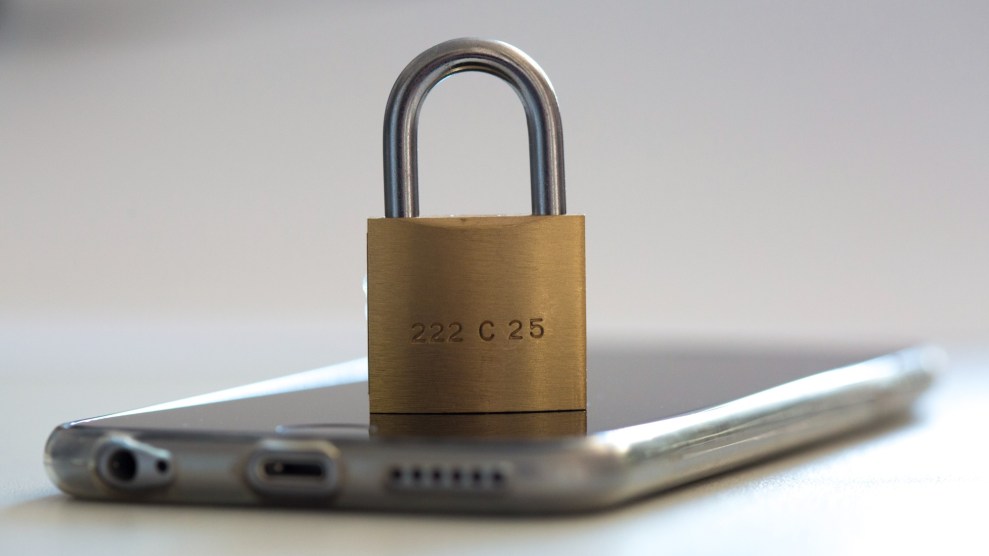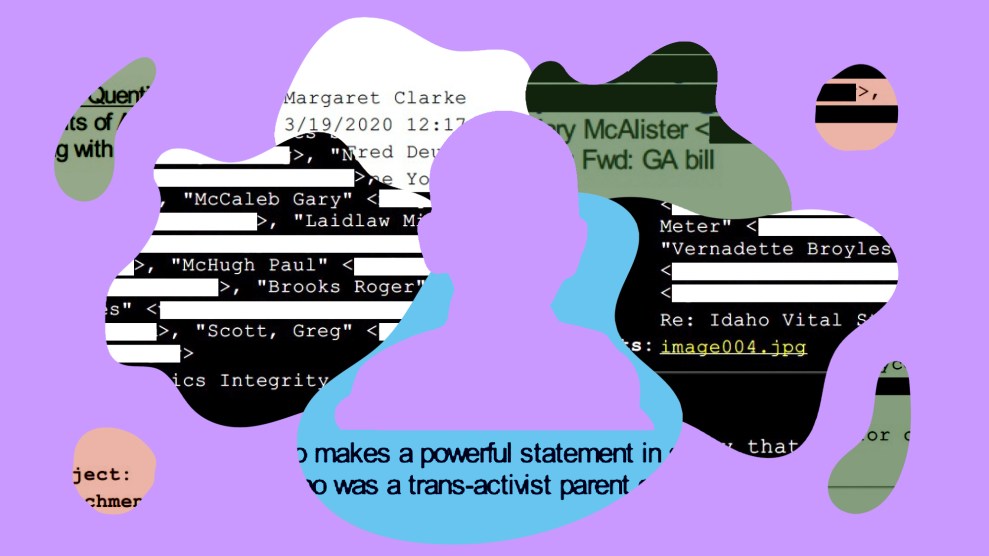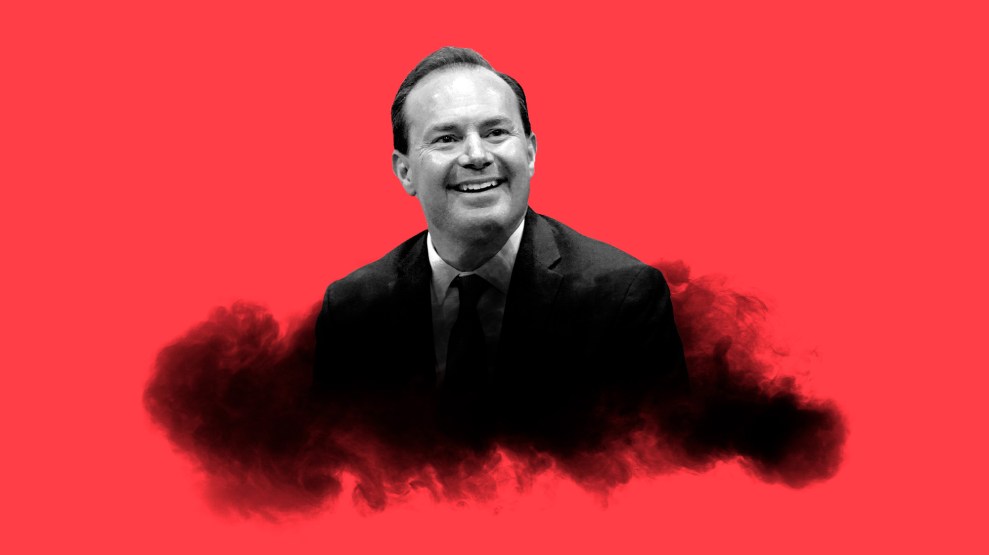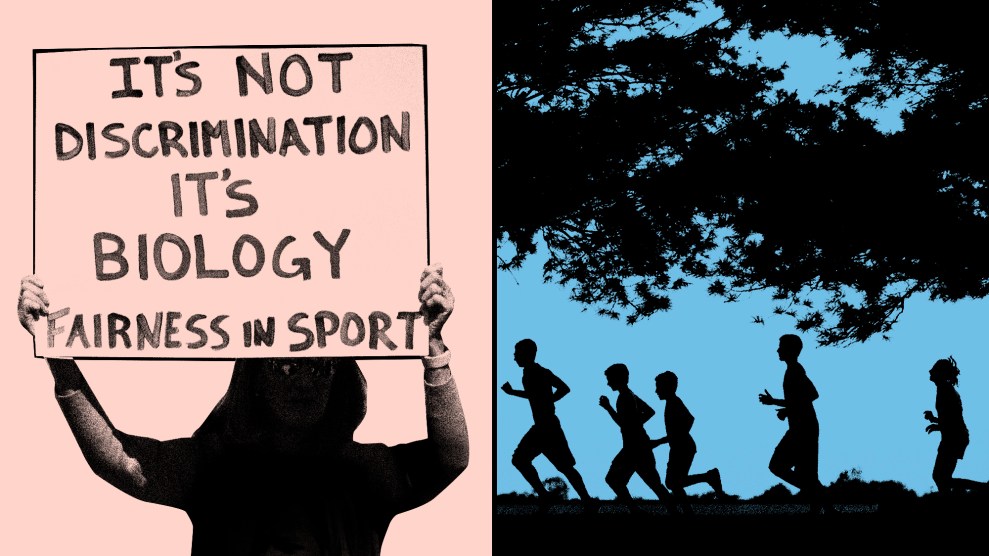
Ulrich Baumgarten/Getty
In March, Utah lawmakers passed a bill requiring parental consent for minors to join social media platforms—and enabling parents to read their children’s messages and posts. While this isn’t ideal for any teen, granting homophobic or transphobic parents full, unquestioned access to the messages and posts of a teen still in the closet could spell disaster. LGBTQ+ youth have long been known, both anecdotally and through research, to use the internet and social media to connect with their communities and learn about themselves.
“This was true when I was an LGBTQ+ teen, but also teens today use all kinds of social media as a way to connect with other queer kids, especially in rural communities,” says Sebastian Blackwell, who previously worked with an organization that helps LGBTQ+ youth in Arizona. “I’m from Prescott, kind of a mountain community, conservative. And there were queer people there, but having access to YouTube, especially at that time to be able to see queer experiences, was really crucial for me.”
In a national survey of 34,000 LGBTQ+ youth ages 13-24, the Trevor Project, a nonprofit focused on suicide prevention, found that fewer than one in three transgender and nonbinary youth found their home environment to be gender-affirming, and that 60 percent of those who wanted mental health care in the past year were not able to get it. And though Salt Lake City received a positive score from the Human Rights Campaign’s 2022 Municipal Equality Index, which ranks LGBTQ+ inclusion in laws, policies, and services, the rest of the Utah cities the report ranked received an average grade of an F.
“The tragic reality is that far too many LGBTQ young people face rejection at home and need to look to places like school and the Internet to find affirmation and support,” Casey Pick, director of law and policy for the Trevor Project, wrote in an email. “Requiring parental consent to access social media could prevent many LGBTQ young people who are not ready to come out or live in unsupportive homes from accessing the life-affirming resources and communities they need.”
State Sen. Mike McKell, a Republican who introduced the bill, cited recently released CDC data showing that 57 percent of teen girls persistently felt sad or hopeless in 2021; the figure for boys was at 29 percent. “As a lawmaker and parent,” McKell said in a Utah Senate press release, “I believe we are helping prevent our children from succumbing to social media’s negative and sometimes life-threatening effects.”
While it’s true, as he claims, that social media use has been linked to feelings of sadness, the CDC report only makes one mention of internet use, noting that LGBTQ+ teens tend to be electronically bullied more than their heterosexual peers. However, rates of harms such as abuse, attempted suicide, and sexual violence are higher across the board for LGBTQ+ students. And experts find that internet usage can help LGBTQ+ students find community and cope with these issues. LGBTQ+ youth who had access to identity-affirming spaces both in person and online reported lower rates of attempted suicide.
The idea of LGBTQ+ youth using the internet to discover themselves, connect with folks like them, and build community is something that rings true for many current LGBTQ+ adults, myself included (I have fond memories of reading queer fan fiction on Archive of Our Own).
“Isolation is where we see youth struggle when they’re experiencing whatever they’re experiencing alone. That’s where we see negative health outcomes, suicidal ideation,” Blackwell told me. “Community is really crucial, and having friends with like identities where you don’t have to explain who you are, but instead can just be yourself, is where you thrive—and social media is where they find that community.”
The one piece of good news? The law won’t be enforced for eight months to a year—while the Division of Consumer Protection figures out how to.









